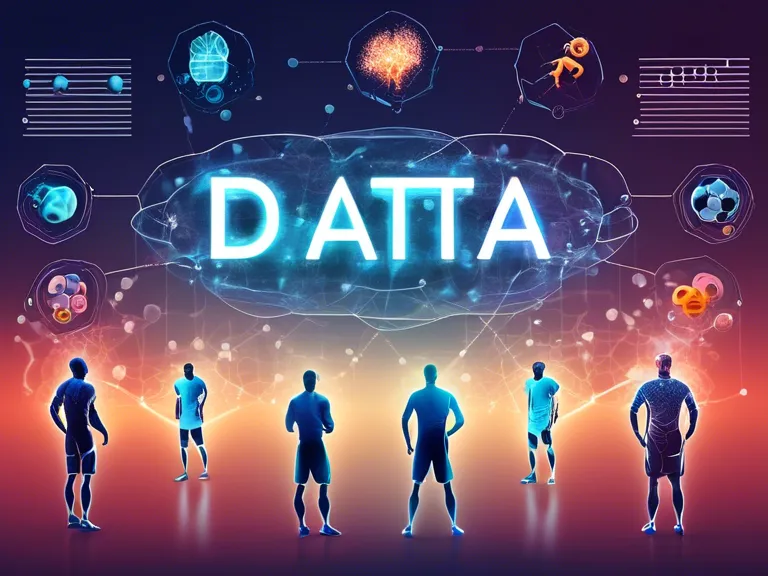
Predictive Analytics for Viral Sports Trends: How Data Science Is Leading the Way
In the fast-paced world of sports, staying ahead of the game is crucial. From predicting the next breakout player to forecasting fan engagement trends, data science and predictive analytics are changing the game for sports organizations worldwide. By leveraging big data and advanced algorithms, these tools are helping teams and leagues make informed decisions and create strategies that drive success both on and off the field.
One of the key areas where predictive analytics is making a significant impact is in identifying viral sports trends. By analyzing a variety of data sources, including social media, website traffic, and player performance statistics, data scientists can pinpoint emerging trends and predict which topics or events are likely to capture the attention of fans. This information can then be used to inform marketing campaigns, content creation, and even player recruitment strategies.
For example, predictive analytics can help sports organizations identify which players are likely to become breakout stars based on their performance metrics and social media following. By identifying these players early on, teams can capitalize on their popularity and drive fan engagement. Similarly, predictive analytics can help teams anticipate which games or events are likely to go viral, allowing them to create targeted promotions and marketing campaigns to maximize exposure.
In addition to identifying viral sports trends, predictive analytics can also help sports organizations optimize their operations and improve performance on the field. By analyzing player fitness data, injury rates, and game strategies, data scientists can provide insights that help teams make smarter decisions and improve their overall performance. From optimizing player rotations to predicting potential injuries, the possibilities are endless.
Overall, predictive analytics is revolutionizing the world of sports by providing teams and leagues with powerful tools to stay ahead of the competition. By harnessing the power of big data and advanced algorithms, sports organizations can create strategies that drive success and engage fans in new and exciting ways.


